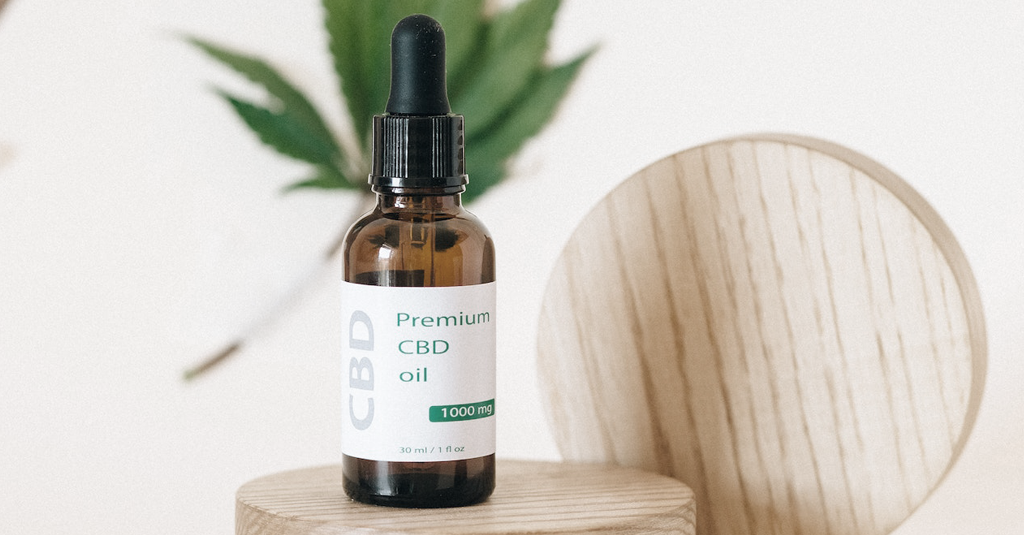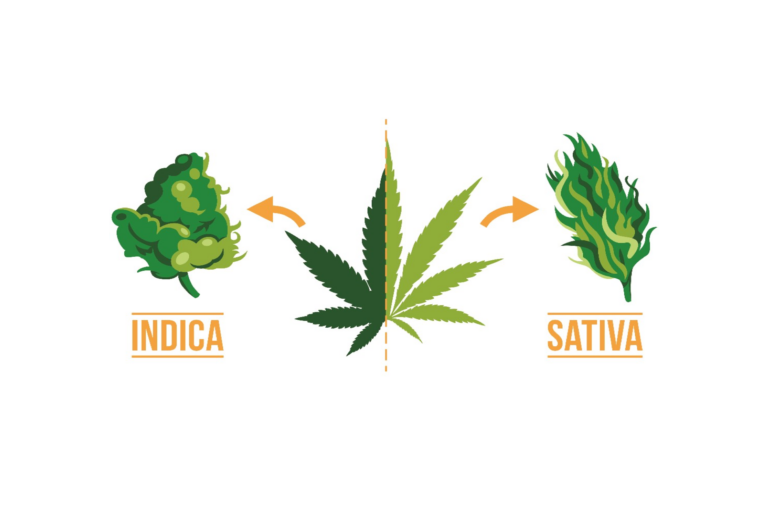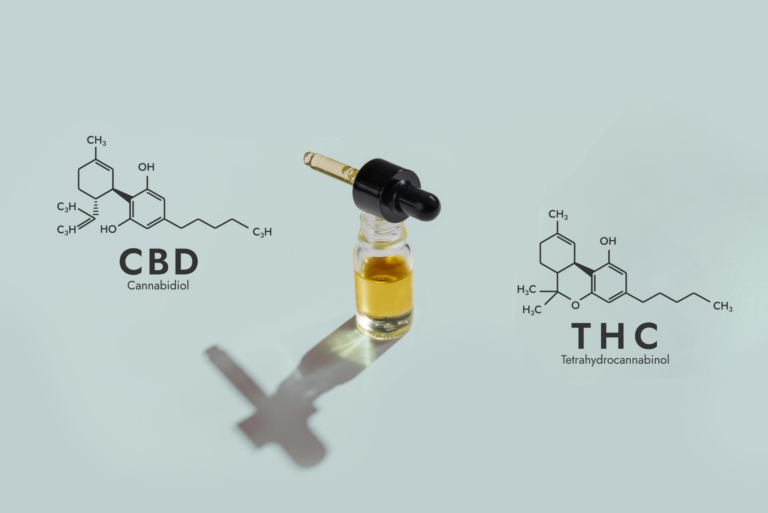Cannabis has been considered an illegal substance for decades, but recently, there has been a significant shift in how people view and interact with cannabis. Cannabis remains federally illegal in the United States, however, 78% of the American population is currently living in a state where cannabis is legal for recreational or medical use.
The legalization of cannabis for recreational and medical use has also increased the number of cannabis users. Given all the support it has received over the years, there are still some concerns surrounding the potential risks of cannabis. There are risks involved in cannabis use, but it is important to acknowledge the numerous benefits it has as well.

Improves Pain Relief
Cannabis has been suggested to relieve chronic pain and may be helpful to people suffering from conditions such as arthritis, migraines, or endometriosis. Cannabinoids, active ingredients found in cannabis, alter pain perception pathways in the brain and reduce pain.
Research suggests that cannabinoids impact pain through neurological pathways such as the endocannabinoid system–which is a vast network of chemical signals with receptors in central nervous system, peripheral structures, the immunologic system and the hematologic system. The two most commonly studied cannabinoids, Cannabidiol (CBD) and Delta-9 Tetrahydrocannabinol (THC) affect the body and brain in ways that are consistent with mechanisms to relieve pain. For instance, THC increases dopamine secretion and CBD enhances adenosine receptor signaling and decreases reactive oxygen species. The pain relieving and anti-inflammatory properties of both THC and CBD are thought to have a positive influence on pain perception across different health conditions.
Reduces Anxiousness
Studies conducted by Marijuana Investigations for Neuroscientific Discovery (MIND) found that cannabis use largely improved cognitive performance and reduced anxiety-related symptoms in patients, treating a wide range of medical issues. They also found that the use of conventional medications such as opioids and other mood stabilizers decreased.
Cannabis affects the inhibitory neurotransmitter known as GABA, which is responsible for slowing down your brain, blocking signals to specific areas of your brain. This causes the calming effect that cannabis is known for, which also directly affects the nerve cell hyperactivity associated with anxiety, stress and fear.
The preferred cannabinoid for reducing anxiousness is CBD since it does not give consumers the ‘high’ caused by THC. A study done on the effects CBD has on human pathologic anxiety had findings that it significantly reduced feelings of anxiousness in those that received CBD as compared to the placebo group.
Alleviates Chemotherapy Side Effects
There is evidence that cannabis can minimize the side effects caused by chemotherapy, such as loss of appetite, nausea and vomiting. Certain cannabinoids found in cannabis are said to treat neuropathic pain, which is pain caused by damaged nerves.
There is still more research that needs to be done on the effects cannabis has on cancer cells themselves and it is also important to note that studies have not shown that cannabis can cure the disease.

May Help with Alcoholism Recovery
Research on the benefits of cannabis suggests that it not only reduces alcohol withdrawal, but cannabinoids also help with the brain damage sustained during withdrawals. Cannabis makes the recovery process more manageable by reducing alcohol cravings and alleviating other symptoms caused by alcoholism.
A study conducted in 2019 using animal models highlighted the benefits of CBD to treat Alcohol Use Disorder (AUD). The study found that CBD reduced drinking levels in animals with AUD. CBD reduced alcohol-related steatosis processes in the liver and improved both hepatic and neurocognitive outcomes of AUD.
Reduces Inflammation
Using cannabis can relieve some inflammatory bowel diseases such as Crohn’s disease, irritable bowel syndrome and rheumatoid arthritis. THC and cannabidiol, found in cannabis, help enhance immune response and the cells responsible for gut function.
Cannabis targets inflammation by reducing immune signaling proteins created by the cytokine cells found in the immune system. The disruption of cytokines slows down the reproduction of white blood cells and immune responses, which slows down inflammation responses in and around the cells. The anti-inflammatory effects work through a variety of immune system responses related to the endocannabinoid system.
Controls Seizures
In recent years, parents reported that medical marijuana and CBD products have helped control their children’s seizures. The CBD-based drug known as Epidiolex has been recently approved by the FDA for treating Lennox-Gastaut syndrome and Dravet syndrome, which are rare and severe types of epilepsy. Research shows that the use of CBD can help control seizures by reducing neuron excitability.
CBD has been shown to act on the brain by decreasing the release of calcium into the cells, known as G-Protein-coupled receptor 55. This decreases the excitatory currents that lead to seizures.
There are potential risks of cannabis use, such as hallucinogenic effects or depressant-like effects; the side effects can vary between people. Extensive research needs to be done on the benefits of cannabis for both medical and recreational use. The increased numbers of cannabis users and legalization across states suggest that there will be fewer restrictions on cannabis research in the coming years.
If you are living in a state where it is legal and you are looking to use cannabis for any of its potential benefits, consult a doctor first. They will help you weigh the benefits and risks of cannabis as it relates to your illness or health history.



